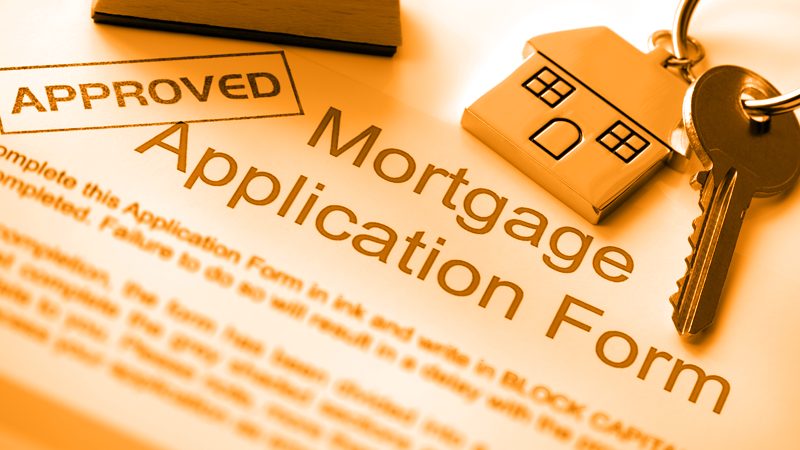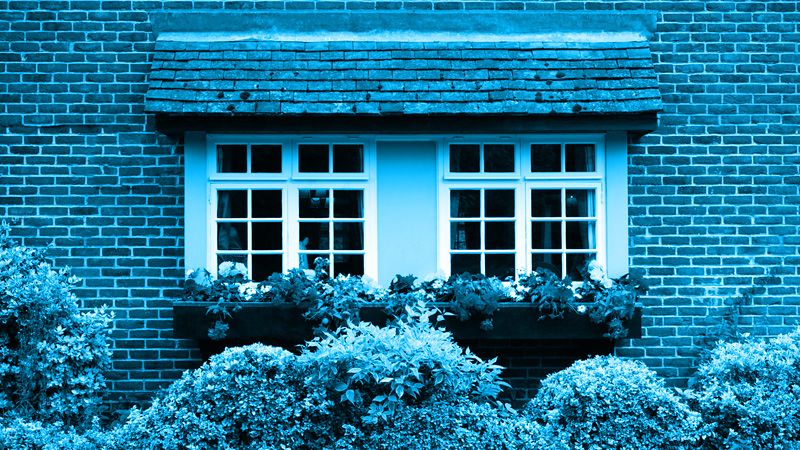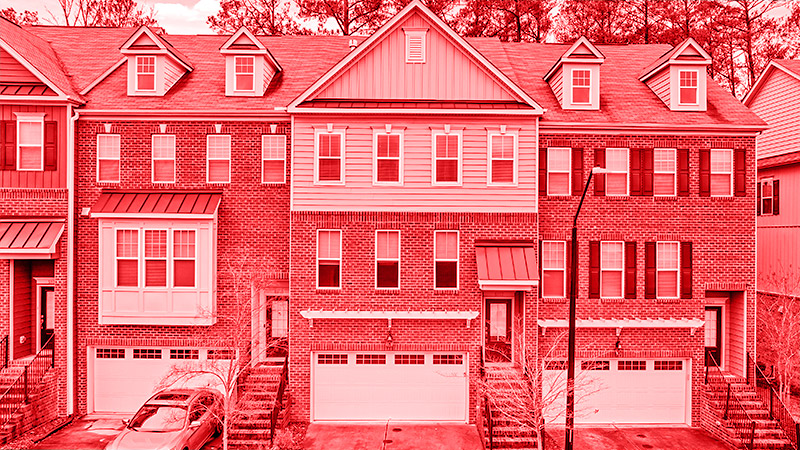The idea of getting a mortgage to buy your first home in the UK may be exciting until you see the deposit requirements!
Many potential buyers find themselves able to afford mortgage repayments but can’t drive up the funds to put down the initial deposit.
In most instances, mortgage providers require the borrower to put down a 5% deposit, meaning you’d need to shop around to find a mortgage provider who can front you the remaining 95%.
The good news is that some lenders offer 100% loan-to-value (LTV) mortgages, sometimes called no-deposit mortgages.
LTV mortgages in the UK are based on the buyer borrowing the entire amount to purchase the property.
While 100% LTV mortgages are available, it’s important to note that lenders view borrowers who can provide a deposit more favourably.
And the more deposit you can drum up, the more likely you will get approval from a UK mortgage provider.
While 5% to 20% are the most common deposit amounts provided by buyers, the bigger the deposit, the more likely you are to get funding and, of course, the better the interest rate offered may be.
But what if you don’t have a deposit available or don’t necessarily want to pay one?
Getting a 0% Deposit
While 0% mortgages aren’t impossible, they are rare. This type of mortgage is best suited to people who cannot save up enough to put a deposit down on a new home.
During the financial crisis between 2007 and 2008, most lenders stopped offering 100% mortgages. 100% mortgage options only recently returned to the regular mortgage market.
The best candidates for 100% mortgages are people who:
- Have an excellent credit score
- Can prove their regular, sufficient income
- Have minimal or no existing debt
Mortgage providers look for affordability, so it’s also important to apply for a mortgage amount that you can realistically afford.
Along with the major perk of getting a mortgage with no deposit, it’s important to understand the possible drawbacks of a 100% mortgage, aka a 0% deposit mortgage. These include the following:
- Higher interest rates than regular deposit-based mortgages
- Establishment and application fees may be higher
- The possibility of negative equity if the value of your new home drops
What Are the Alternative Options to a No-Deposit Mortgage?
It stands to reason that many people who apply for no deposit mortgages in the UK may be rejected/denied.
If that’s the case, you may wonder what your alternative options are.
Below are a few avenues you should consider if your application for a 0% deposit mortgage is rejected:
- Guarantor Mortgages UK
You may be able to increase your chances of a 0% deposit mortgage in the UK if you have a guarantor.
In such instances, a family member or friend who has their own mortgage (or is a homeowner) and a good credit score with regular income must elect to co-sign the mortgage contract with you.
This increases your chances of approval because the guarantor’s home is used to secure the loan.
This is risky for the guarantor as their home can be repossessed if they default on the terms of their home loan.
Alternatively, the guarantor can use their savings to help you secure the mortgage. The mortgage provider will require the guarantor to provide a lump sum, which they will put into a savings account as security.
The guarantor can only access their savings again when you have settled a certain amount of your mortgage.
- Shared Ownership Mortgages
Another viable alternative to no-deposit mortgages is the shared ownership mortgages available in the UK. With a shared ownership mortgage, you can purchase a certain percentage of a home.
This amount usually ranges from 25% to 75%, with the developer or the local authority owning the balance. You’ll pay a rental amount on the percentage you do not own.
The perk of such a deal is that the required deposit is usually small, between 5% and 10%, and the mortgage amount is smaller.
- Right to Buy Mortgages
If you’ve been living in council housing, you may be able to take advantage of a right to buy mortgage.
This applies to people who have lived in council housing for 3 or more years, entitling them to reduced rates.
For some, the discount can be as high as 70% of the home’s total cost. Sometimes, mortgage providers may even consider the discount you receive as a deposit amount.
- Joint Mortgages in UK
If you have a partner or family member you’d like to invest in property with, a joint mortgage in the UK may be the option for you.
The upside of a joint mortgage is that the mortgage provider will consider your combined income for affordability and you can then split the monthly instalment, making your personal responsibility less demanding on your budget.
Can I Get a No Deposit Mortgage if I am Self-Employed?
Most self-employed people worry they cannot get a mortgage because they don’t have a payslip to prove their income.
The reality is that the same criteria apply to self-employed people as traditionally employed people.
If you’re applying for a mortgage of any kind as a self-employed individual, you will need to provide two full years’ worth of financials for the mortgage provider to consider.
You’ll also need to meet the usual requirements, such as being of legal age, proof of paying your rent for the past 12 to 18 months, and proof of affordability.
Most mortgage providers will allow borrowers to apply for up to 4.5 times their income.
Deposit Free Mortgage UK Conclusion
Applying for a mortgage in the UK is a big step for anyone.
If you’re not entirely sure of your options or want some assistance calculating what you can afford and determining which lenders are best to approach, acquiring the advice of a professional mortgage advisor is advised.
Call us today on 01925 906 210 or contact us to speak to one of our friendly advisors.

















